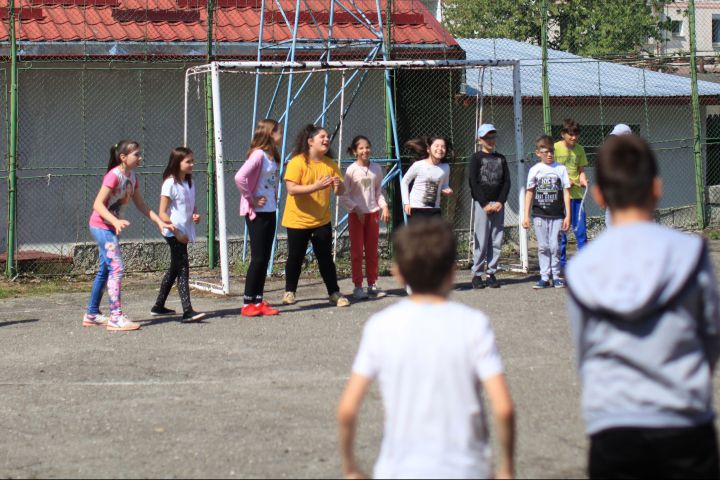Overview
Every year on 12 August, people around the world unite to recognise the efforts of young people as partners for change, and raise awareness of the challenges they face. Today, we join them.
Happy International Youth Day!
Every year on 12 August, people around the world unite to recognise the efforts of young people as partners for change, and raise awareness of the challenges they face. Today, we join them and reaffirm our commitment to ensuring that youth are active participants in at every level.
Half of the world’s population – over 2.5 billion people – is under 30. This is the largest youth population in human history. Under the UNFPA’s high fertility projection, growth is only set to continue. As digital natives and the next generation of changemakers leading transformation within societies, young people are critical to achieving impact. However, as depicted by our own Stefan Germann in Health Affairs, their unique health and wellbeing concerns are time and time again neglected from global health policies, programmes, and investments. This International Youth Day is a time to reflect on progress, critique the gaps, and recommit to our young people. A year on from the last celebrations, we look back at the ways in which we have transitioned commitments into actions.
In June, we partnered with Women Deliver to support their Young Leaders program. The long-term partnership will see the introduction of digital tools to the program to build advocacy capacity and skills for young people to become digital health advocates in their regions. Working closely with Women Deliver, we seek to learn and strengthen our practices for including youth perspectives in the planning, design and implementation of global and local programs and policies.
As part of a new coalition, Fondation Botnar, Women Deliver, PATH, and the Partnership on Maternal, Neonatal, and Child Health supported by Devex, launched a global survey earlier this year capturing youth perspectives on the role of technology in accelerating progress towards UHC: Health & Technology: What do young people think. High costs of care as a barrier to access, anxieties around personal data security, and a desire to be involved in key decision-making are some of the key attitudes these young people surveyed share when it comes to integrating technology into health practices. Along with key insights captured at other touchpoints, including a youth consultation at the Africa Health Agenda International Conference (AHAIC) Youth Pre-Conference in Kigali, and a youth-led workshop for young people at Women Deliver in Vancouver, the survey results will help to steer the coalition’s focus and ensure youth engagement remains at the forefront of its work. Following this survey, the coalition partners call for more young people to share their voice on how digital innovation can uphold quality primary health for all. To make this possible, the coalition will fund and support the setup of an independent Youth Council in the coming months.
Finally, we fund the Fondation Botnar Healthy Cities for Adolescents Program, managed by the International Society for Urban Health, which is a global initiative that aims to advance conditions in cities that promote and support the health and wellbeing of adolescents. In the first round of the program, five projects were selected that focus on adolescents (aged 10-15 years) in secondary cities. These projects will be implemented in Tamale, Ghana, Medellin, Cali in Colombia and Thiès in Senegal and will be announced later this year.
As a foundation, we know that youth matter and today, like every other, is a time to remind the world to listen to our young people, share responsibility, and reframe power. The future depends on it.
- Read the Health & Technology: What do young people think summary article.
- Read Stefan Germann, CEO, Fondation Botnar, article ‘The Forgotten Billion In Universal Health Coverage And Three Ways To Make Them A Priority’
- Watch our new animation: ‘It’s Time To Recommit To Young People’s Health’
